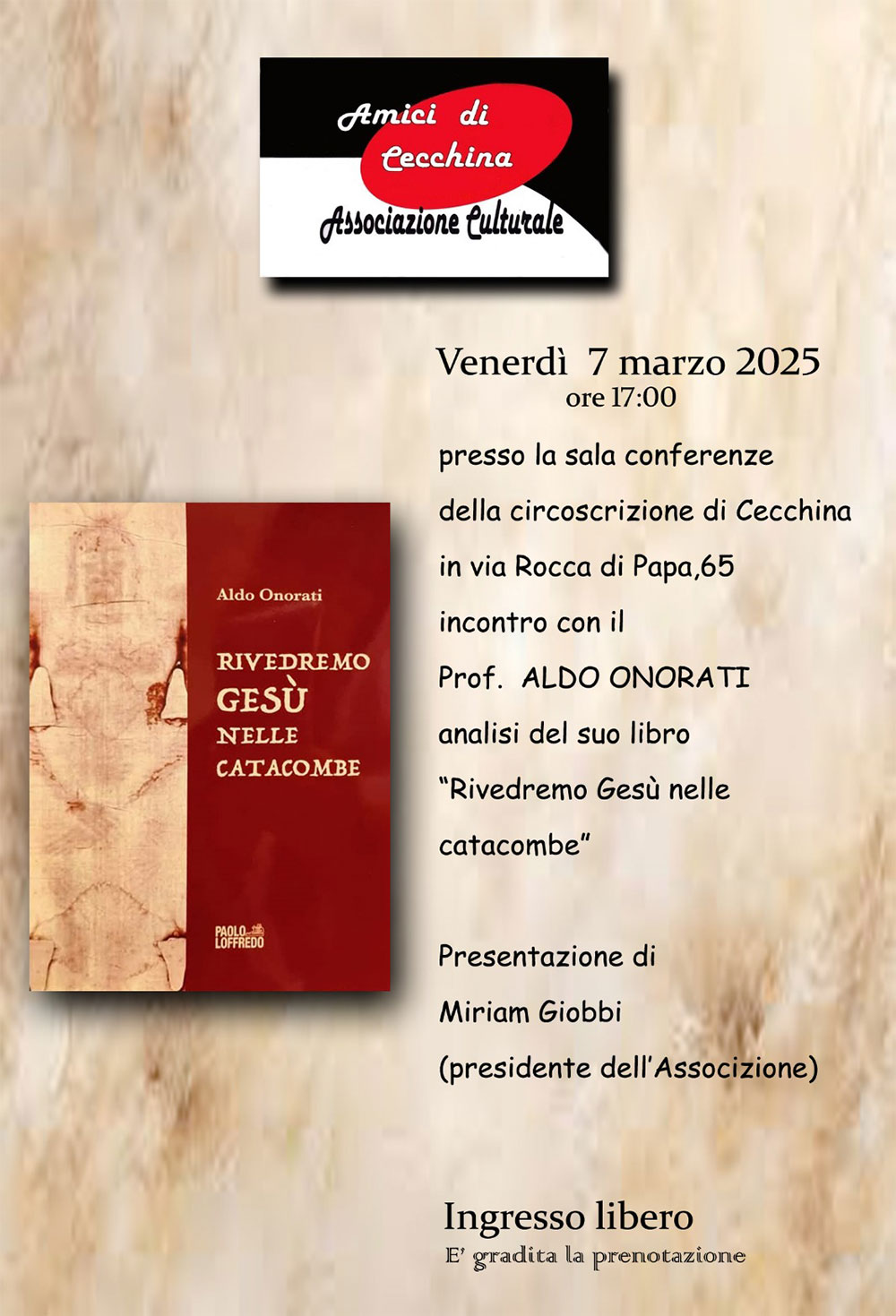 Paolo Loffredo, sixth generation of a large family of publishers and booksellers engaged in the production and distribution of books since the late nineteenth century, creates in 2012 the new editorial company Paolo Loffredo Editore. The historical site was until the '80s in the heart of the historic centre of Naples in Via San Biagio dei Librai, lower Decumano and also known as the SpaccaNapoli.
Paolo Loffredo, sixth generation of a large family of publishers and booksellers engaged in the production and distribution of books since the late nineteenth century, creates in 2012 the new editorial company Paolo Loffredo Editore. The historical site was until the '80s in the heart of the historic centre of Naples in Via San Biagio dei Librai, lower Decumano and also known as the SpaccaNapoli.
At the beginning of the twentieth century, Giuseppe Loffredo decided to add book selling to the book production, which definitively imposed itself after World War II with the publication of manuals for the University and for the School that succeeded in establishing themselves soon throughout Italy.
LAST EVENT
"Rivedremo Gesù nelle catacombe"
07 Marzo 2025 - Sala Conferenze circoscrizione di Cecchina - via Rocca di Papa 65, Albano Laziale (RM) - ore 17,00

Il platonismo di Ermia di Alessandria
ISSN: 2611-3562
Language: Italian, Greek
Publisher: Paolo Loffredo Editore Srl

Description
Il platonismo di Ermia di Alessandria
The main characters of the volume are Ermia from Alessadria, platonic philosophy professor in Alessandria during V century, and his “Commento al Fedro di Platone”, ancient footprint testifying the fortune of the platonic dialogues in ancient times.
Focusing on the Commento both from an historical and philosophical point of view, it can be noticed that the volume contains a study upon the religious and intellectual context in Alessandria and it also stands for Ermia from Alessandria’s paternity of the Commento itself, against the thesis sustaining that the work is Siriano’s, Ermia’s professor.
Most of all, these pages are dedicated to the analysis and critical appreciation of the philosophical method used by those philosophers who considered themselves Plato exegetes, nowadays called Neoplatonics.
From theurgia to the soul doctrine, from physics to mythology, from rhetoric to exegesis, the volume is an immersion in the poikilía of late platonism, rebuilding its themes and origins.
Through the volume there is also the solemn presence of Socrates who, with his sacral aura, is the undisputed protagonist of the Commento. Following the teaching of the divine Giamblico, Ermia gives to the reader an unusual image of Plato, represented like Pythagoras and invested by a soteriological mission for those who, like the young Fedro, uselessly focuses on the sensitive dimension.
The volume, pointing both to specialists and non specialists, highlights how a philosophy professor like Ermia managed to create e philosophical system, also deeply religious, which is both complex and completed, different from Plato’s letters, but easily ascribable to them.



